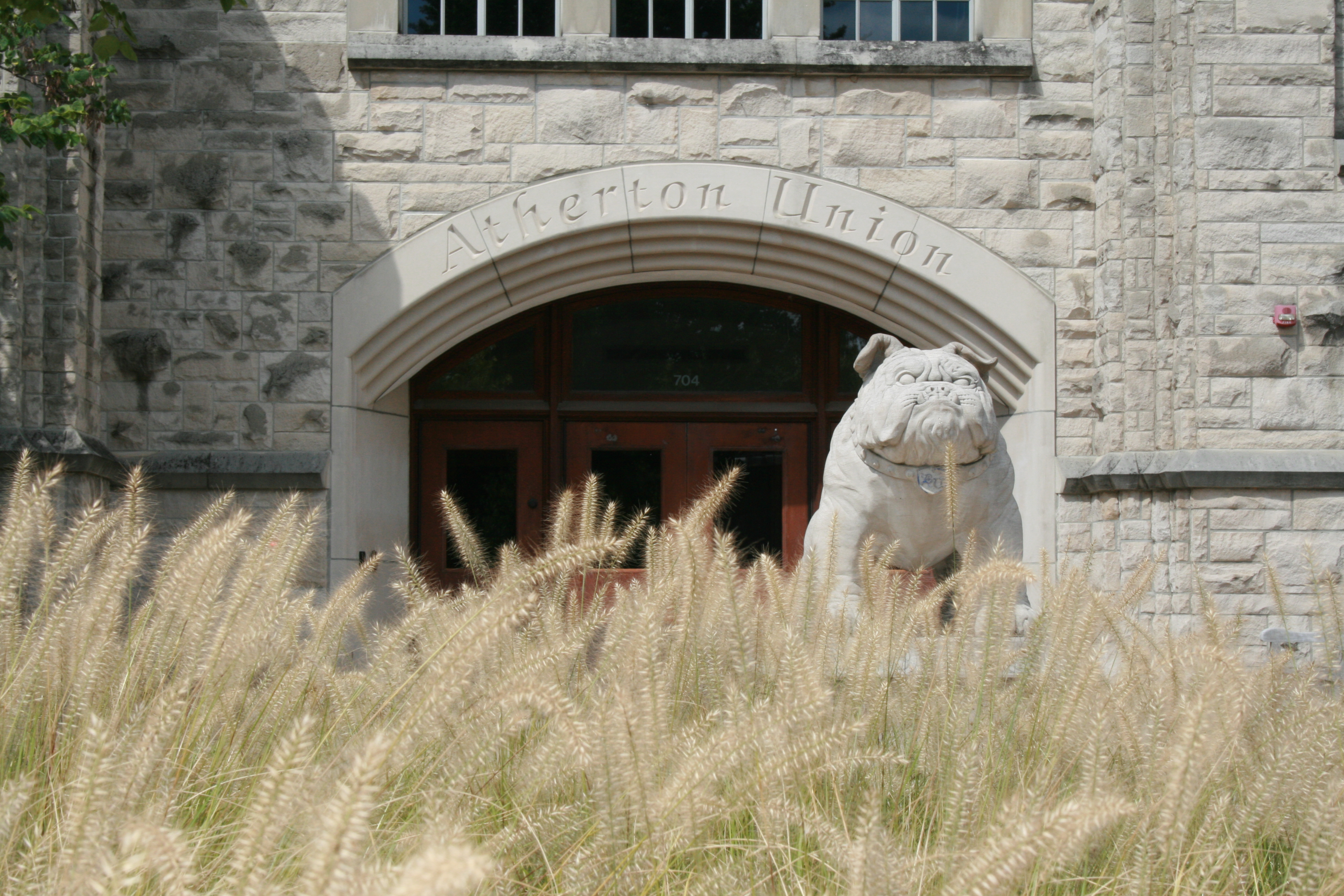Ten percent of Butler University’s undergraduate population falls under this category of first generation student. Collegian file photo.
OLIVIA KLAFTA | STAFF REPORTER | oklafta@butler.edu
BUFirst, an initiative created for first-generation college students, is starting its first year on campus. The initiative, located in Atherton Union 311, was designed to be a resource for students whose parents did not graduate from a four year university.
Ten percent of Butler University’s undergraduate population falls under this category, according to Madisyn Smith, a first-generation senior entrepreneurship and innovation major.
First-generation students often deal with financial challenges and general college unreadiness, according to The League, a nonprofit organization focused on student success at community colleges. They also struggle with social-emotional problems, such as lack of self-esteem, community and familial support. The BUFirst initiative aims to guide first-generation students through these problems.
Dean of students Sally Click helped create BUFirst. She began work on the initiative after noticing trends in first-generation students and their success levels.
“Nationally, all college campuses are looking at student success, and when we look at our data across campuses, we see that generally, first-generation students are not succeeding and persisting at the same level as other students,” Click said.
Click said the process of creating BUFirst was truly collaborative. She worked closely with Smith and others.
Smith first met with Click last year to talk about the struggles she faced in her first three years at Butler.
“I had certain challenges, but I thought they were common for all students, and then after I met with Sally and researched first-gen common challenges, I realized that the challenges I was facing were specific to first-generation students,” Smith said. “Now that I’ve realized that, I think having a first-generation support system or program would have been really helpful.”
Smith said she could have benefitted from resources that explain FAFSA and class syllabi.
“No one in my family went to college, so I didn’t know what to expect,” Smith said. “I didn’t know how a college campus worked in general.”
Smith now acts as the student coordinator for BUFirst, and spent the summer researching first-generation students and pulling data together about the class of 2023. She will also present at the September BUFirst Week events.
At the start of each month, BUFirst will hold two presentations about struggles first-generation students may face. Each presentation begins with a faculty member or student talking about their experience as a first-generation college student. They will conclude with a question-and-answer session based off questions submitted by students.
On Sept. 4, Smith will speak at the presentation titled “The Imposter Syndrome.” The presentation will explore the common feeling of being an “imposter” as a first-generation college student and how to combat it.
Eileen Taylor, a professor in the College of Communications and first-generation college student, will present alongside Smith at the BUFirst week events this month. She provides a unique perspective to students, as she went back to school as an adult to get her Doctorate of Education after initially getting her associate degree.
“I hope that people who hear about it want to be a part of it, regardless of if they were there the very first day it started,” Taylor said. “I hope people feel comfortable enough to say ‘I want to jump in. I want some of that. I want to be a part of that.’ I just think that would be amazing.”



